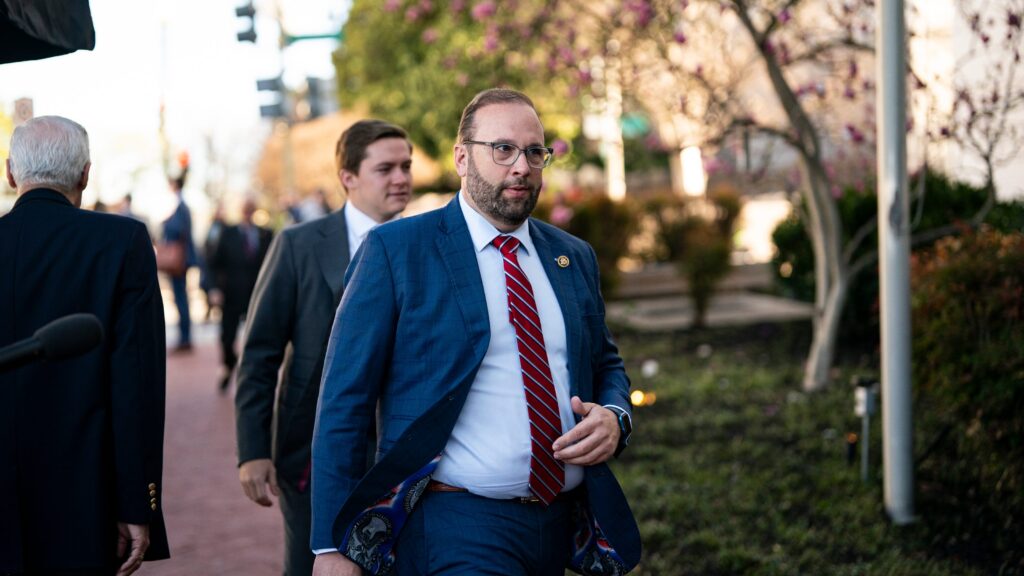During President Donald Trump’s first 100 days in office, while he focused on issuing executive orders and downsizing the federal government, Republicans in Congress were busy making significant moves. The House reelected Speaker Mike Johnson, the Senate confirmed Trump’s nominees, and both chambers crafted a blueprint for the president’s policy package. GOP lawmakers faced narrow margins of control, especially in the House, with only a three-vote majority.
Five Republican members of Congress stood out during this period. Jason Smith, the Tax Architect, played a pivotal role in shaping Trump’s tax policy agenda by advocating for a comprehensive approach. Andy Harris, Leader of the Rebels, led the House Freedom Caucus in crucial votes despite initial opposition. Thomas Massie, the Lone Holdout, consistently challenged GOP leadership over spending concerns. Markwayne Mullin, the Connector, acted as a liaison between Senate and House Republicans to advance party priorities. Mitch McConnell, the Senate Rogue, emerged as a vocal critic of Trump’s policies and nominees, displaying independence from party lines.
These key Republican figures navigated through tight margins and conflicting strategies to advance the GOP agenda during a critical period in Trump’s presidency. Their actions and influence shaped the legislative landscape and set the stage for future political dynamics in Congress.

